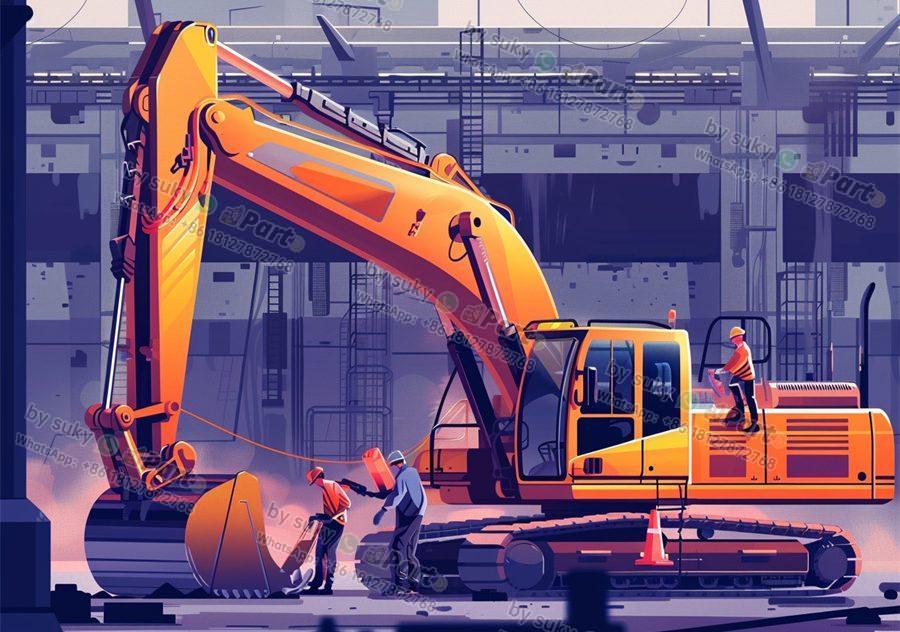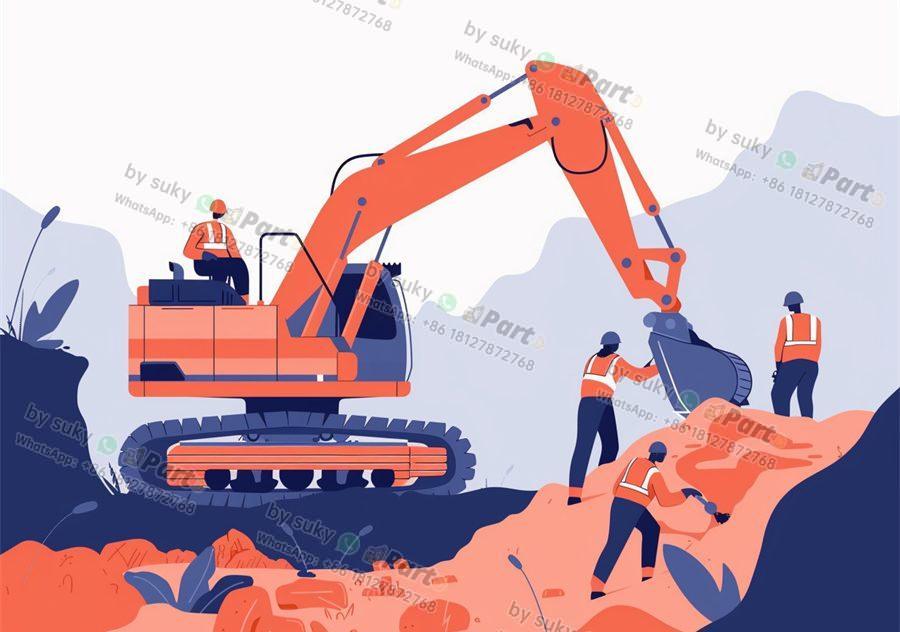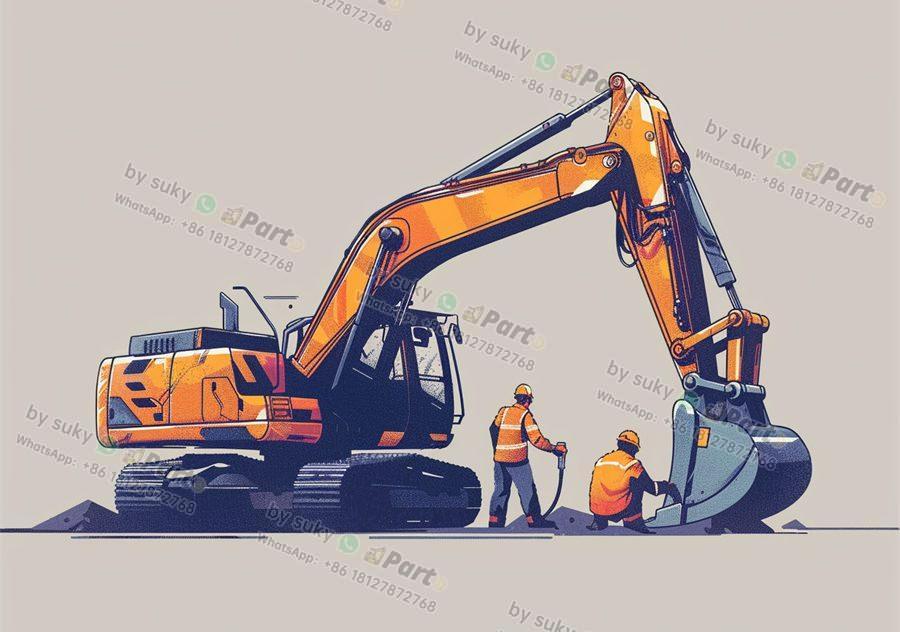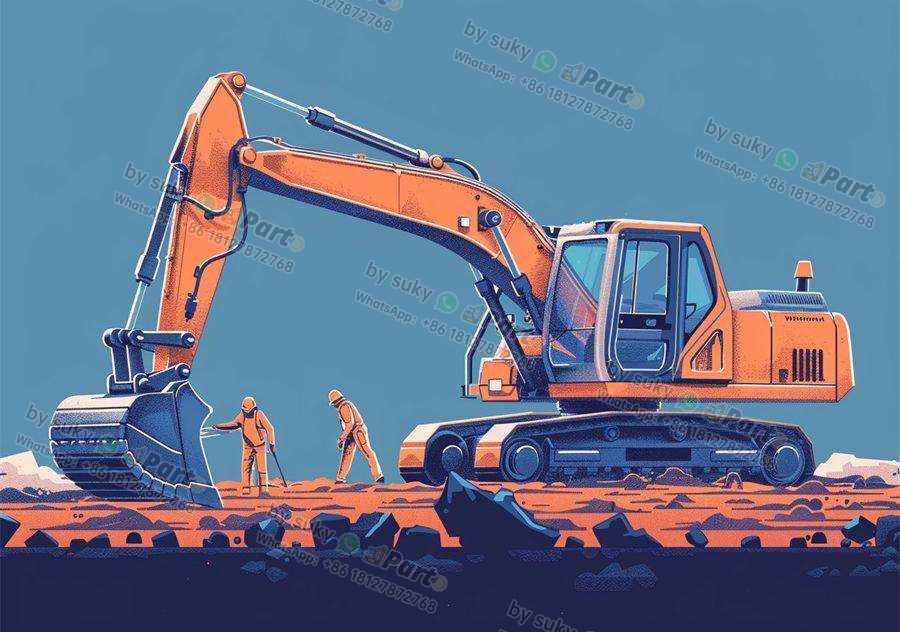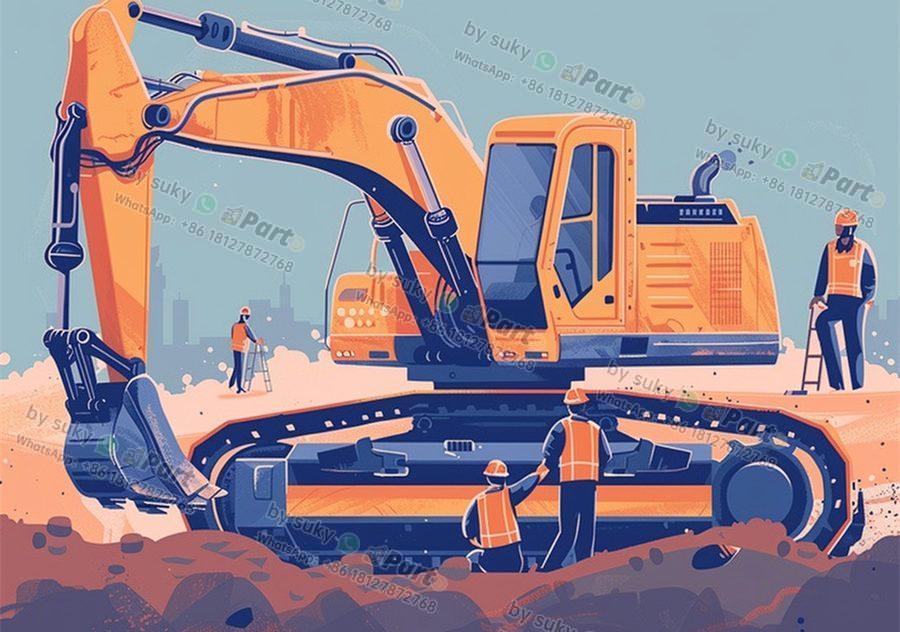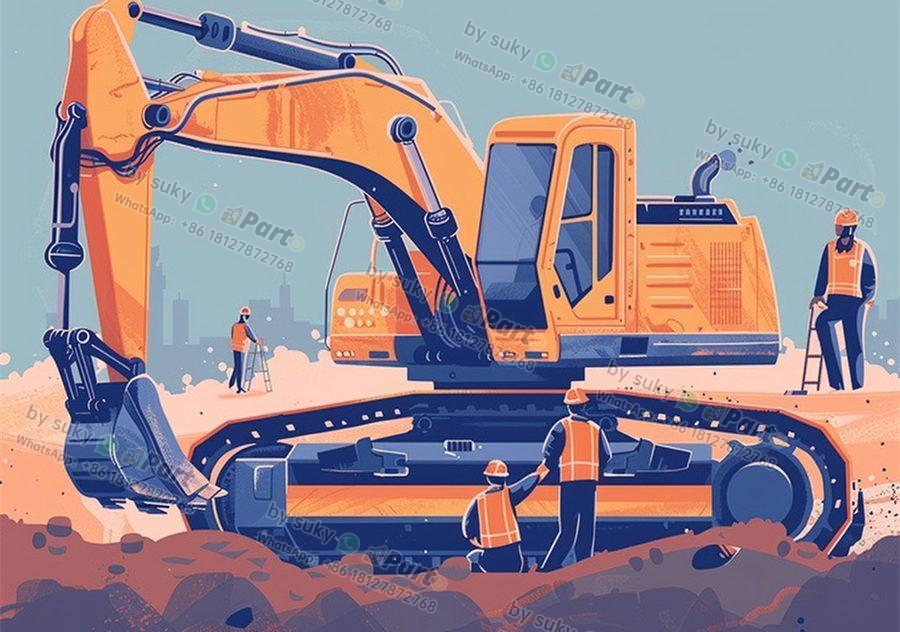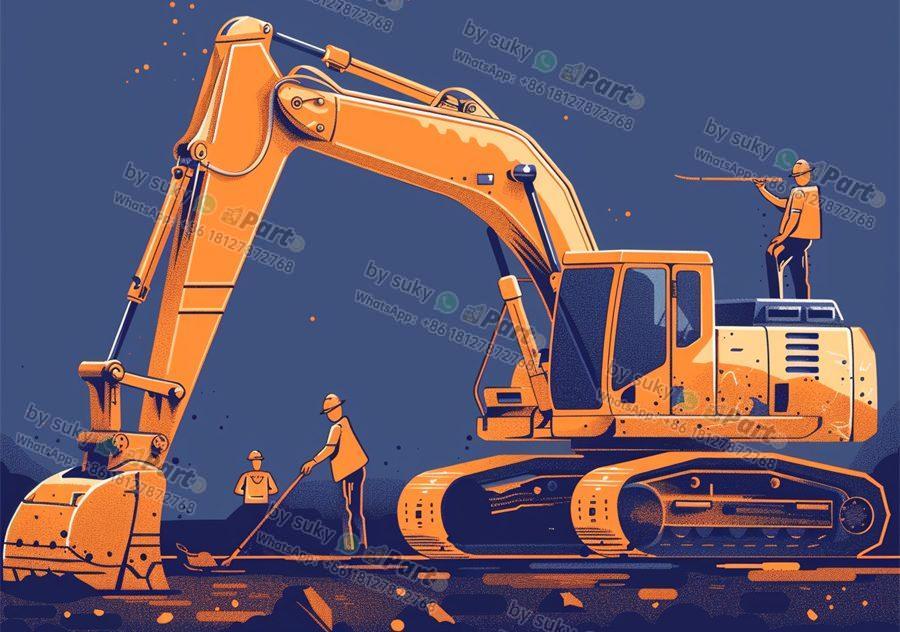If you are in search of mini excavator parts in Columbus, GA, look no further. Finding the right parts for your machinery is crucial to ensure smooth operation and maximize efficiency. Whether you are an importer or a distributor of construction equipment parts, having access to quality mini excavator parts is essential for your business. In this article, we will explore the options available in Columbus, GA and how you can find the best parts for your mini excavator.
1. Local Dealerships and Suppliers
One of the first places to look for mini excavator parts in Columbus, GA is local dealerships and suppliers. These businesses often carry a wide range of parts for various makes and models of mini excavators. By visiting or contacting these dealerships, you can inquire about the specific parts you need and compare prices and availability. Some dealerships may even offer discounts or promotions for bulk purchases, so be sure to explore all your options.
2. Online Marketplaces and Auction Sites
In addition to local dealerships, you can also find mini excavator parts on online marketplaces and auction sites. Websites like eBay, Amazon, and MachineryTrader.com often have a wide selection of new and used parts for mini excavators. You can easily search for the parts you need, compare prices from different sellers, and place orders online. Just be sure to verify the credibility of the sellers and check for any warranties or guarantees on the parts you purchase.
3. Manufacturers and Authorized Distributors
Another option for finding mini excavator parts in Columbus, GA is to contact the manufacturers or authorized distributors directly. Companies like Caterpillar, Komatsu, and Bobcat have authorized dealerships and distributors in the area who can provide you with genuine parts for your mini excavator. While these parts may be slightly more expensive than aftermarket alternatives, they are guaranteed to fit and perform as intended, ensuring the longevity of your machinery.
In conclusion, finding mini excavator parts in Columbus, GA is a straightforward process with the right resources and knowledge. By exploring local dealerships, online marketplaces, and manufacturer distributors, you can easily source the parts you need for your mini excavator. Remember to compare prices, verify the authenticity of the parts, and prioritize quality and compatibility to keep your machinery running smoothly. With the right parts, you can maintain the performance and efficiency of your mini excavator for years to come.

